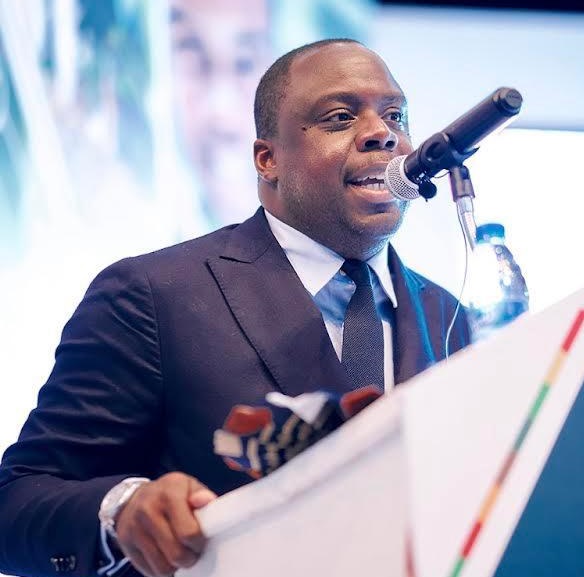A new railway route linking Uganda, Kenya and Sudan is set to improve trade amongst East African nations. The proposed rail link estimated to cost US$25 billion is aimed at boosting trade ties in the eastern African region. The new railway link will be the first-ever stable link between Sudan and its neighbours and ease the delivery of essential services in the vast region.
The new rail network will link Kenya, Sudan and Uganda, and would enable Sudan to export oil from the south through a pipeline via Port Sudan to Mombasa, from where it can be distributed to Rwanda, the Democratic Republic of the Congo, Uganda and Tanzania.
Uganda is sure to benefit from the new railway network as Uganda’s biggest handicap has been the high cost of freight between Uganda and the nearest ocean port of Mombasa, Kenya.
Most Ugandan companies prefer to bring in goods from Mombasa through overland transport as railway links are inefficient. This pushes up the production cost. However, with new rail links between Kenya and Uganda, this scenario will offer a big boost to manufacturers and businesses in Uganda.
The governments of Kenya and Uganda also plan to reopen all  closed railway lines across the country to facilitate easy transportation of goods. In fact, the government of Uganda has already started to revamp the Tororo- Kampala railway line. Plans are also afoot to extend the existing railway network to eastern Democratic Republic of the Congo and southern Sudan.
closed railway lines across the country to facilitate easy transportation of goods. In fact, the government of Uganda has already started to revamp the Tororo- Kampala railway line. Plans are also afoot to extend the existing railway network to eastern Democratic Republic of the Congo and southern Sudan.
“If these lines are extended to these areas, the business people will be able to tap the potential market there. This will in turn promote regional trade and integration,” said John Nasasira, Uganda’s Minister of Works.
Sudan, on the other hand, plans to use the new railway network to export oil to world markets. “We expect to use the new rail link to transport about 70,000 oil barrels a day to Kenya and other consumer goods,” says Costello Garang, commissioner for International Cooperation and Development of Sudan People’s Liberation Movement/Army.
Sudan currently produces about 350,000 barrels of oil a day, most of which is extracted from wells in southern Sudan and exported through Port Sudan. The country has oil reserves of some two billion barrels.
Southern Sudan has been the focus of attention for businesses and investors since former rebel group Sudanese Peoples Liberation Army (SPLA) signed a peace agreement with the Khartoum government in January 2005 — ushering in a period of reconstruction .




































